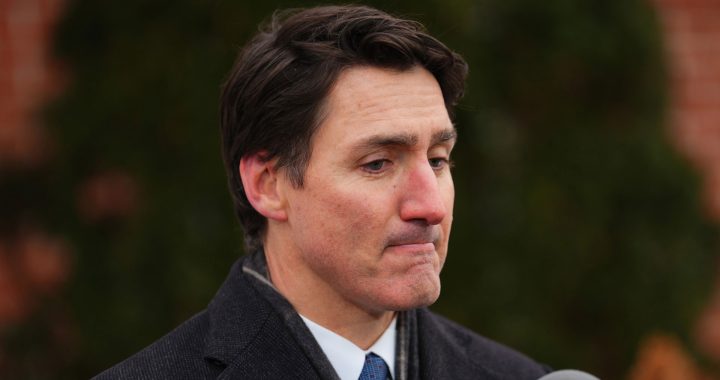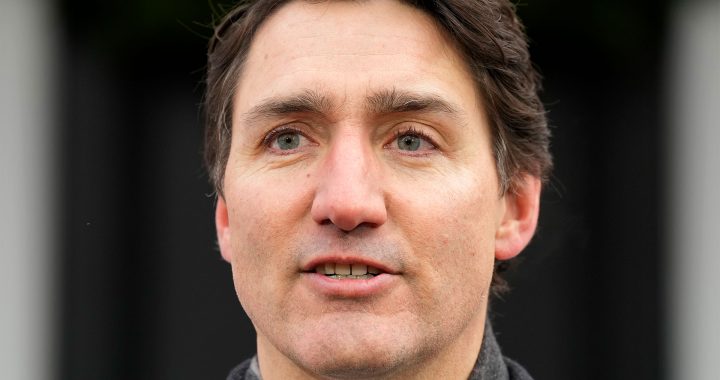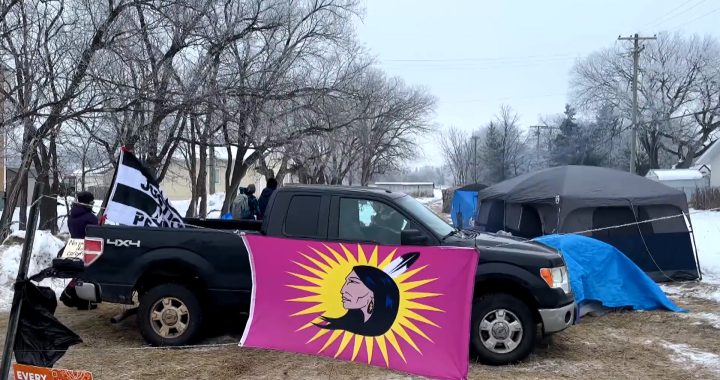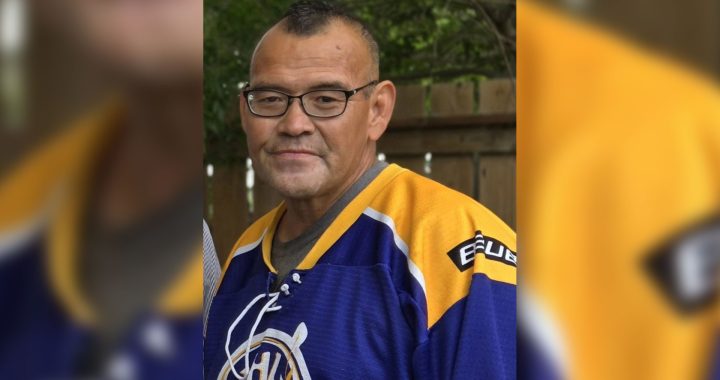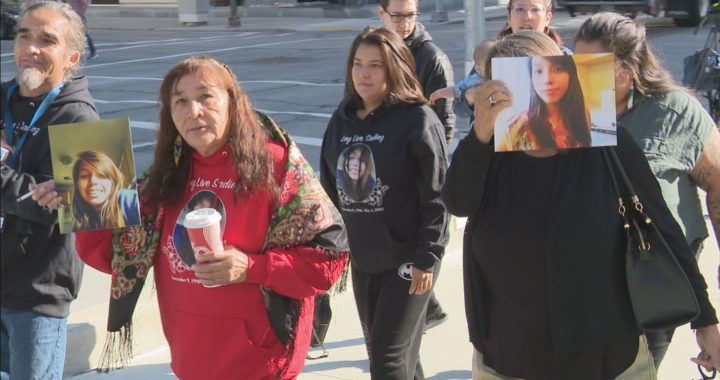An uptick in calls to crisis lines demonstrates the Pope’s visit to Canada triggered painful memories for many residential school survivors.
The Residential School Survivor Support Line (1-866-925-4419) run by Ottawa-based agency Donna Cona received an “overwhelming” amount of calls, comparable to the number received following the 2020 discovery of unmarked graves at the site of the former Kamloops residential school, according to one of the operators.
The hotline run by the British Columbia-based Indian Residential School Survivors Society (IRSSS) (1-800-721-0066) said the number of calls it received doubled to more than 500 in July.
Daisy Elliott, a team lead and hotline counsellor for the IRSSS, said the papal visit was hard on her and her team.
“I, first and foremost, put my work and the support I have for our people first, but I’m human,” she said. “We’re all human.”
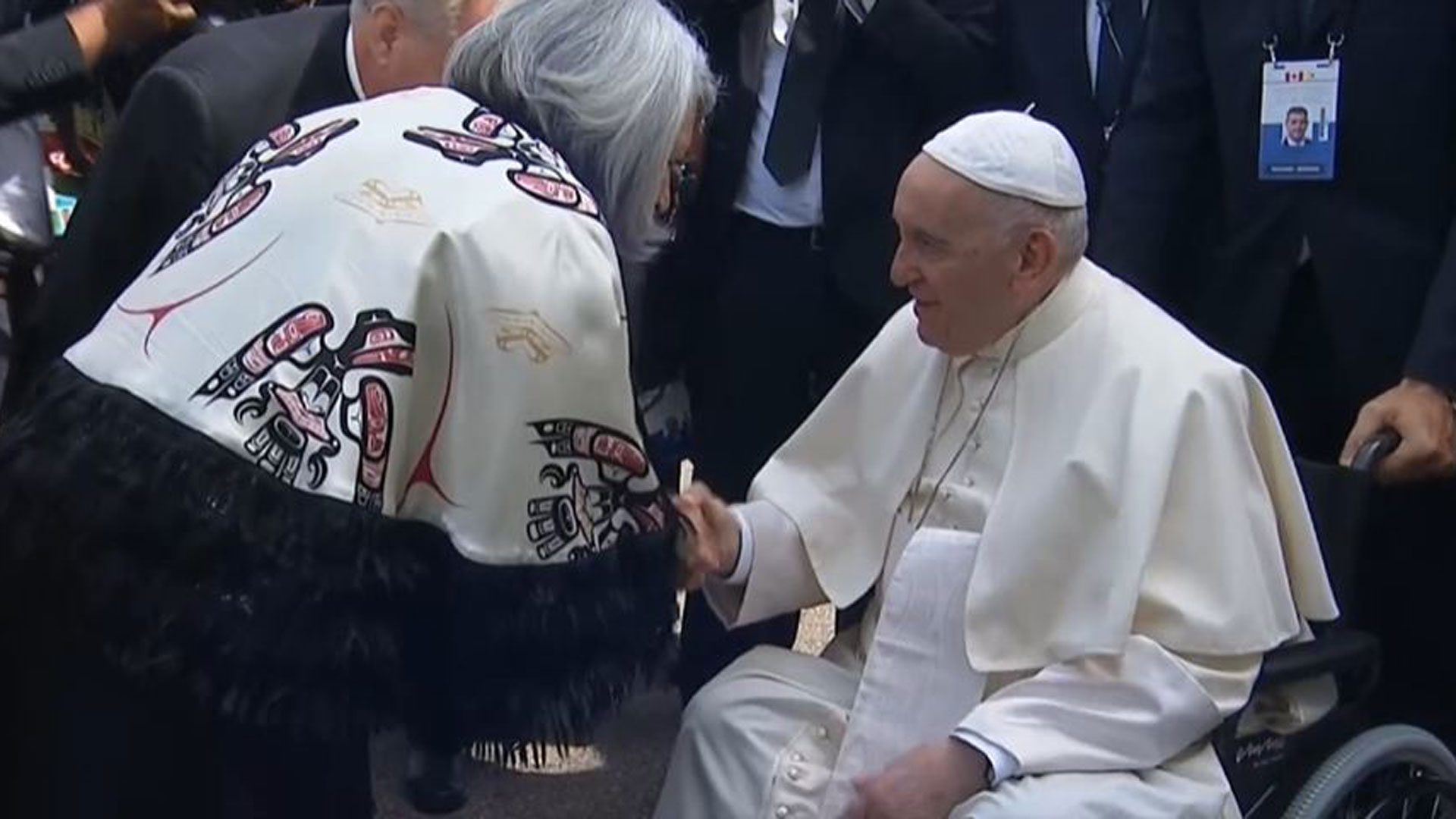
Elliott is the daughter of a residential school survivor and has worked with survivors for more than 13 years over the course of the Indian Residential Schools Settlement Agreement process.
Her team of crisis operators is comprised of experienced Indigenous counsellors, elders and residential school survivors.
“For the two survivors, specifically, one dealt with a lot of incoming (callers), who were really triggered and re-traumatized by the (papal) visit,” Elliott said, “and the other one was triggered personally from not just the visit, but I think the trauma that was coming in.”
Elliott attended the Pope’s apology in Edmonton, and was disappointed with the absence of a land acknowledgement – and the apology itself.
“It wasn’t sincere because it didn’t come from a place of the heart,” she said. “He read from a piece of paper. For me, it was scripted.”
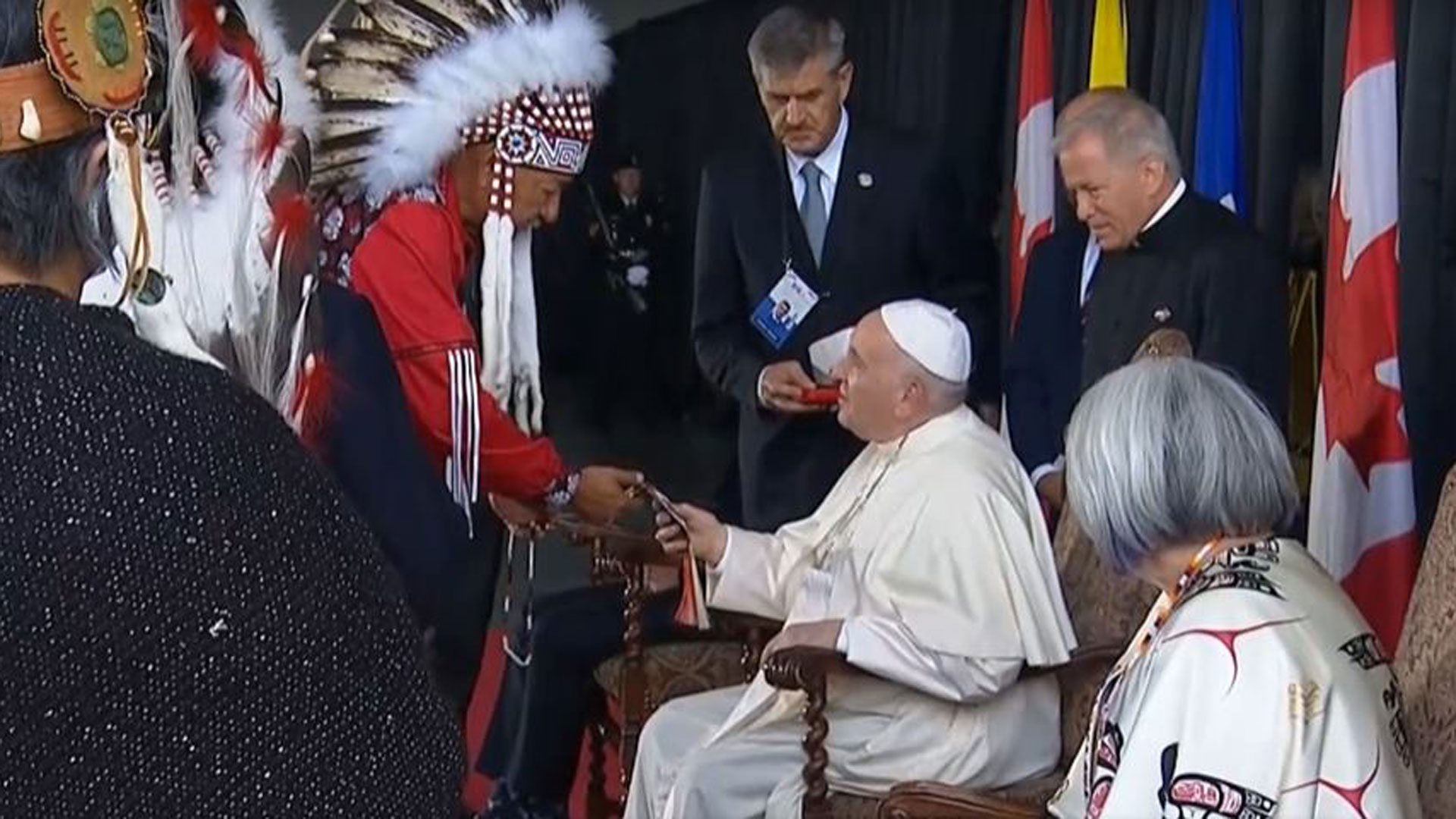
Not only that, Elliott said her team received abusive calls from people angered by the blame placed on the Catholic Church. She said she believes those callers were not Indigenous.
“There were callers who either just played a recording of the Bible, so there was scripture being played in the background of the phone. There was upset callers because (they think) it’s not the church’s fault, and the church wouldn’t do (those things).”
Staff are instructed to hang up when this happens.
“One of my staff, she’s a survivor and she was really triggered by the violence behind one of the calls, and I in a way can relate,” Elliott said. “As an Indigenous person, but also as a child of a survivor, I want to be a part of reconciliation and what that looks like.
“Maybe that’s why some people are calling because they just don’t know. So being a part of educating or bringing awareness to the history of residential school, I think is something our staff like to do as well.”
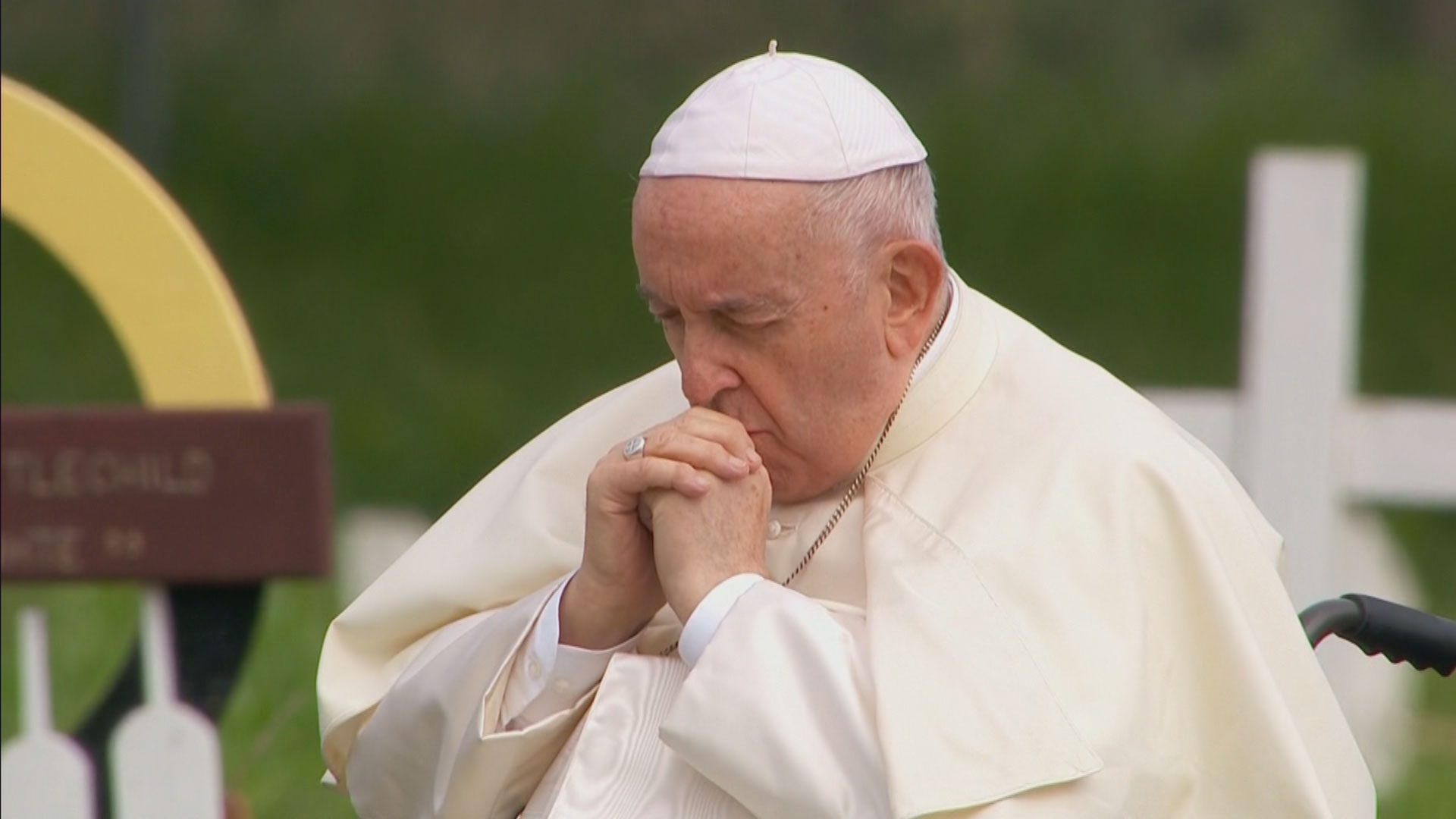
Despite all this, Elliott says she feels supported by the management of IRSSS.
She said the organization ensured more staff were operating phone lines during the visit.
“Usually, with anything that is happening in community, we tend to prepare and ask other staff, other of our elders, who are cultural support to either come online or do double shifts.”
The organization also provides an on-staff counsellor for hotline operators and team members to debrief with.
“To be given or to be trusted with an opportunity to lead a team is something that I don’t think I take lightly, but it’s something I can’t do on my own,” said Elliott.
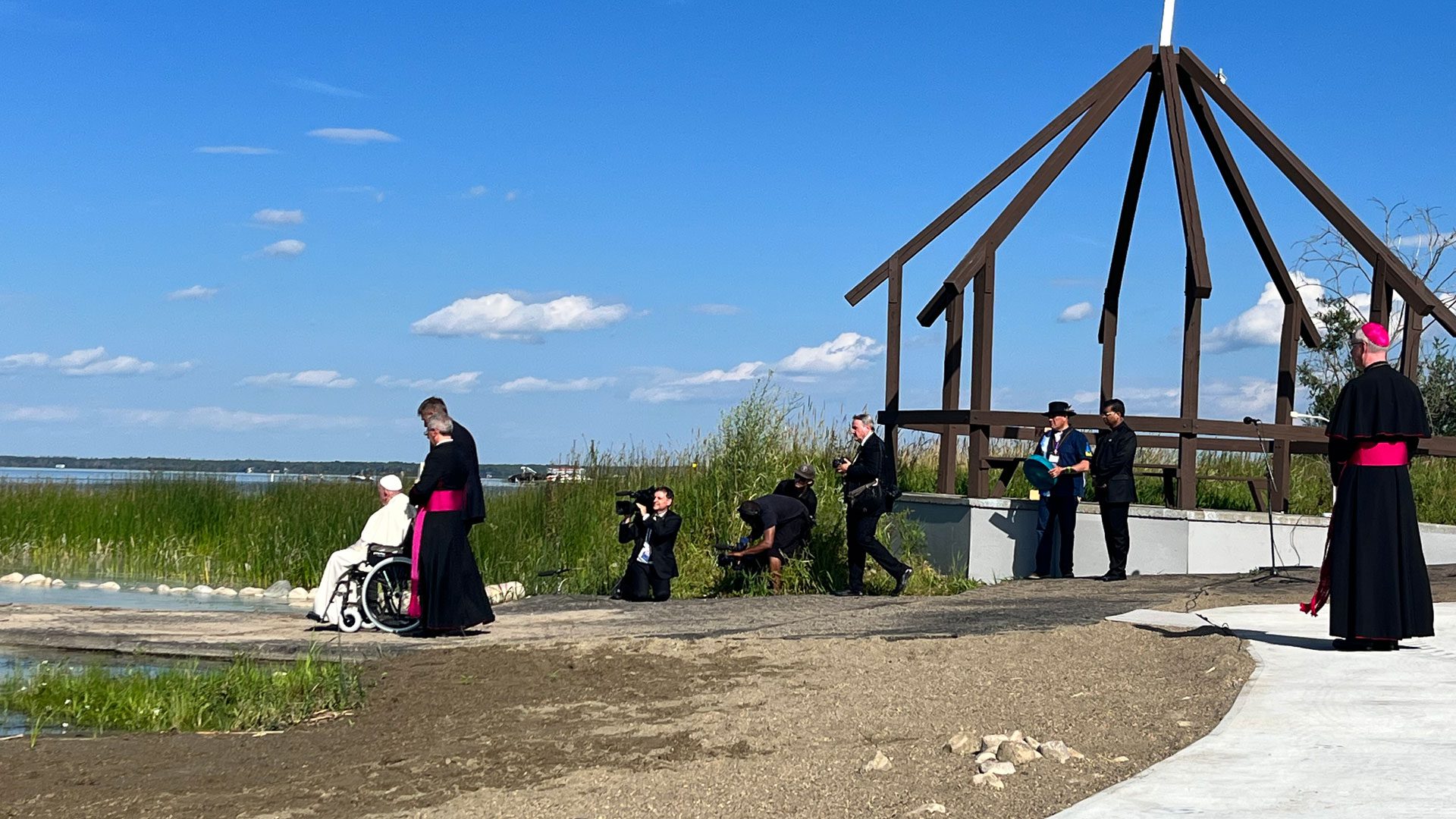
Elliott said that the IRSSS hotline needs more publicity as they’d like to continue to serve callers beyond B.C.
“I think when the 215 hit, we were getting calls internationally as well, so for those who were impacted by the 60s scoop who were taken out of country and have no resources like there is in B.C. or in Canada, they would call the lines,” she said.
The IRSSS hotline is supported by the federal government and donations.
Elliott is concerned the federal government will cut off their funding next March, and only support the national residential school hotline.
Crown-Indigenous Relations Minister Marc Miller said exact funding for hotlines is to be determined, but that crisis line services are necessary.

“The role that these people are playing is absolutely crucial,” Milller agreed. “You’ve seen a lot of demand spike for people that are seeing old wounds reopening that they thought perhaps were closed.
“It’s sort of a moving challenge for the government of Canada,” he added. “We will be there obviously to support survivors in all the searches (for unmarked graves) that we’re accompanying communities to do in some of the formal residential sites.”




